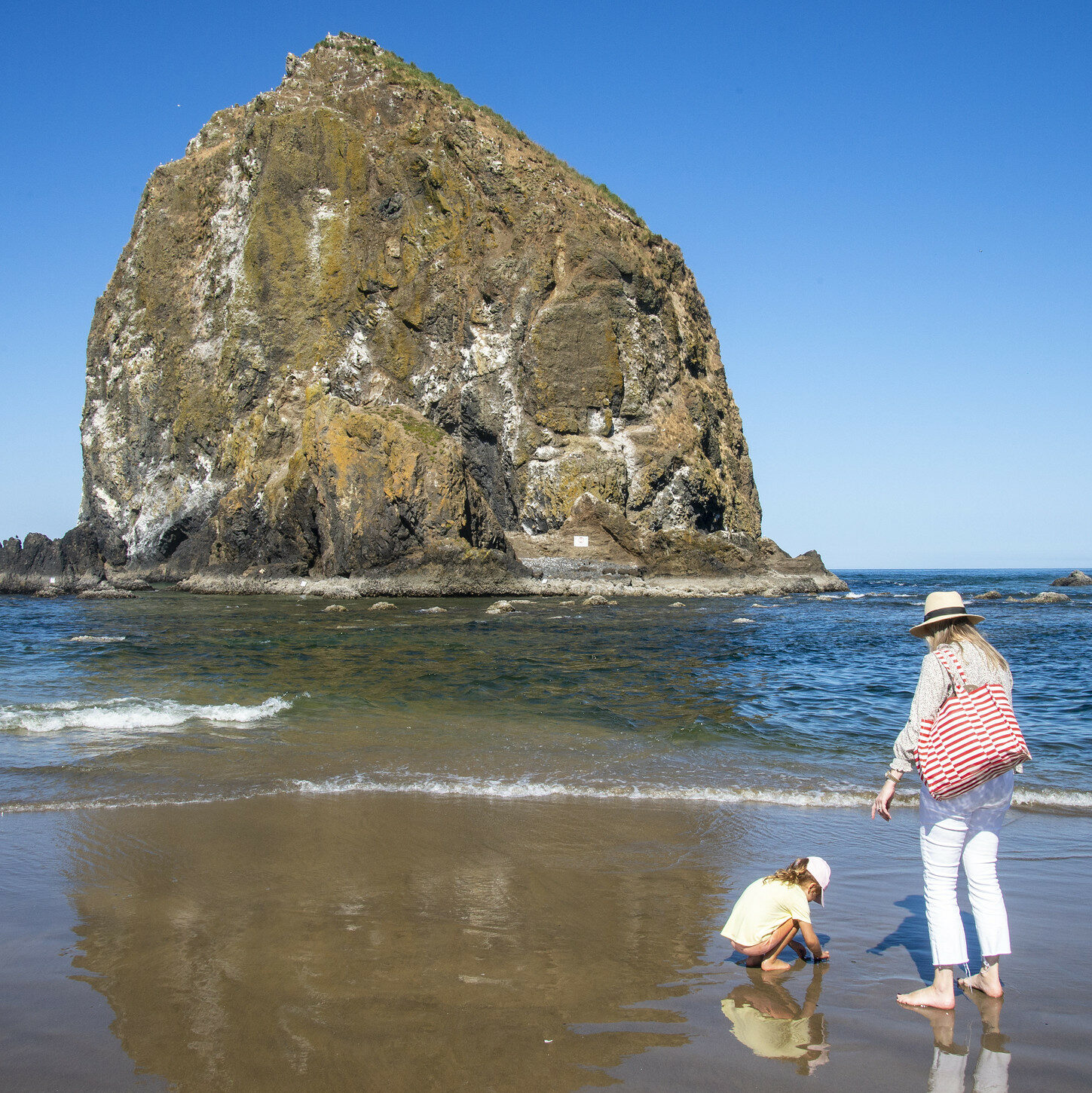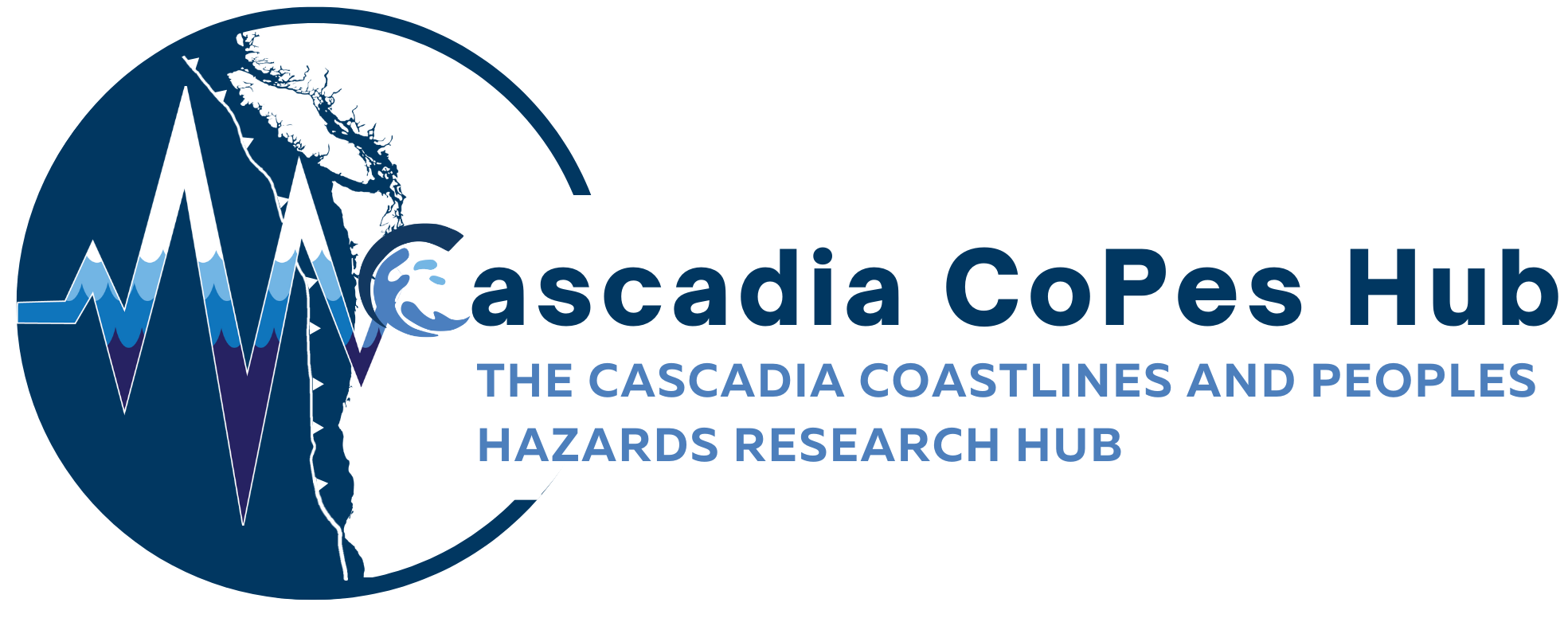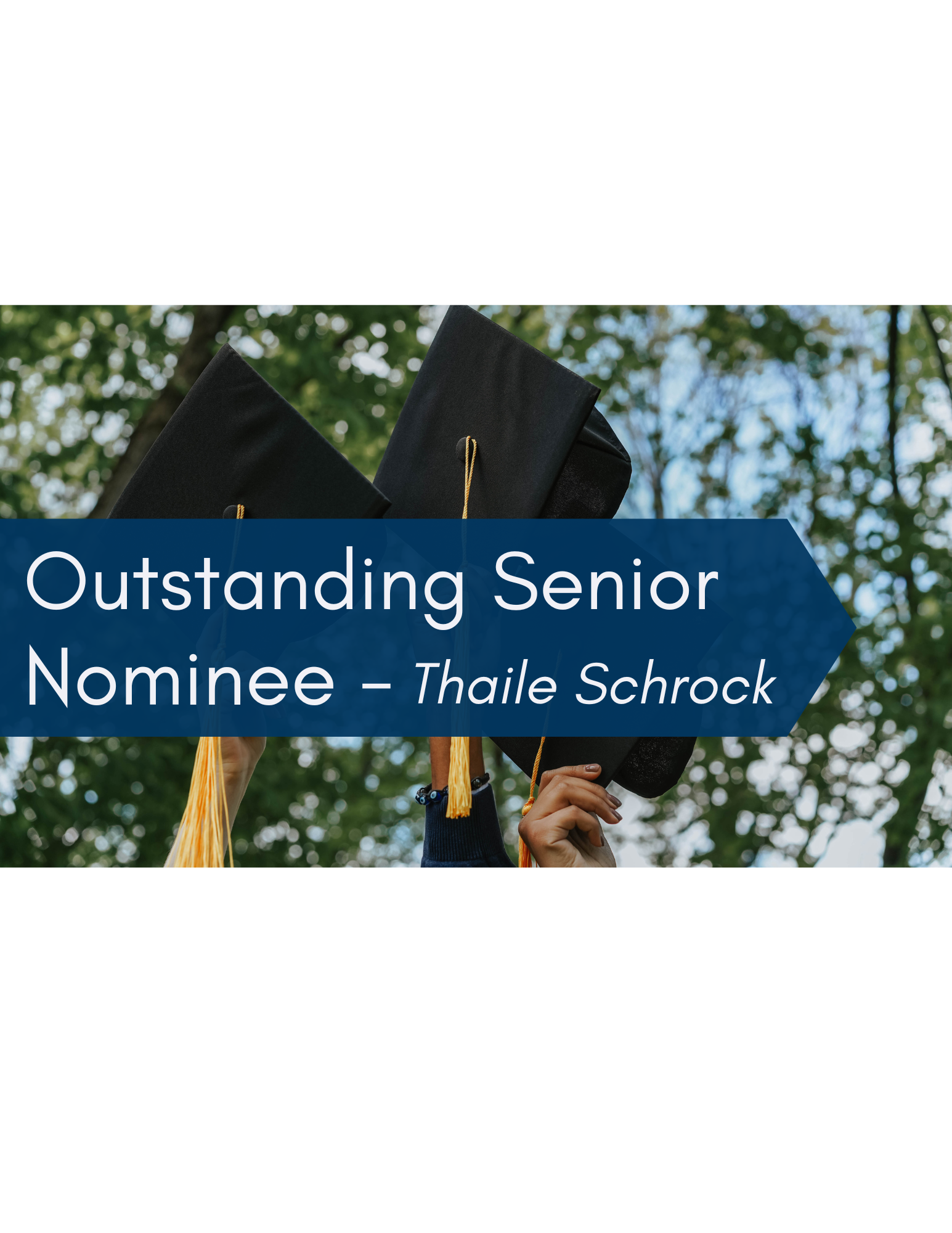Welcome to the
Cascadia CoPes Hub
Helping Pacific Northwest coastal communities prepare and adapt to coastal hazards through research and community engagement
Embracing the spirit of Cascadia
The Hub works with communities in the Pacific Northwest, including Washington, Oregon, and Northern California to increase their ability to mitigate and adapt to impacts from hazards like earthquakes, tsunamis, sea level rise, landslides, erosion, and climate change.

More Information
Need Coastal Hazard Support?
The Cascadia Community Engaged Research Clearinghouse (CCERC) is a pathway to link your community’s needs with the Hub’s resources and services.
Frequently Asked Questions
The Cascadia CoPes Hub was funded by the National Science Foundation to respond to a local, regional, and national needs for improved, coordinated coastal resilience in the face of chronic and acute coastal hazards ( Ruckelshaus Center, 2017; Oregon Resilience Plan, 2013). The Hub’s long-term goal is to improve coastal communities’ preparedness and their ability to bounce back from hazard events. Some Hub projects are developed with collaboratories. Each Hub team includes community leads and coastal liaisons who help connect coastal community needs and Cascadia CoPes Hub research. They work to ensure that Hub research is co-produced with and for Cascadia coastal communities.
The Hub is also increasing the diversity of future coastal hazard researchers and practitioners and increasing information sharing between underrepresented communities. One of our programs, the Cascadia Coastal Hazards and Resilience Training, Education and Research, or CHARTER program, offers formal and informal training, education and hazards science research from middle school to graduate and postdoctoral levels. The CHARTER Fellows program provides a unique opportunity for students who identify as BIPOC (Black, Indigenous and people of color); Latinx; LGBTQ; first generation; and/or low-income, in all academic disciplines to participate in hazards and resilience research.




